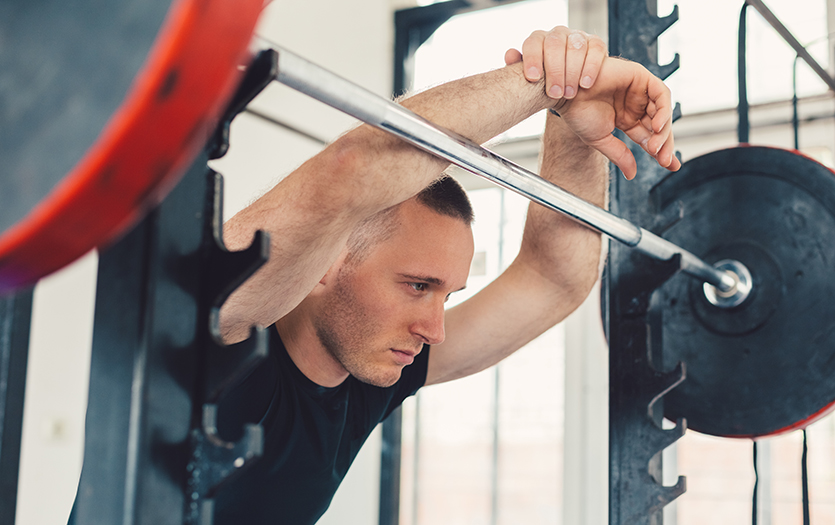
This post was written by the experts at Parkview Sports Medicine.
Recovery between activities is just as important, if not more so, than the activity itself. Your body needs time to rest after a workout, practice or competition, to improve as you work toward your goals.
Recovery involves many factors that help reduce muscle fatigue and soreness. When you exercise, your muscles undergo stress and develop microtears. The muscles then repair those tears with the goal of getting stronger. This can be one of the reasons why you feel sore after a hard workout.
There’s a lot of conflicting information out there about recovery, some rooted in exercise science and some based less on facts and more on opinions. The goal of this article is to streamline best-practice recovery methods into a simple regimen that you can start to implement into your workout routine.
The elements of recovery
Sleep
Sleep is one of the most underrated methods for recovery. A lot of individuals sacrifice sleep day-to-day without realizing the detrimental effects a lack of sleep can have on performance. Prioritizing sleep is crucial because your brain and body undergo repair during specific sleep cycles. Cutting your sleep short will cut each cycle short and delay recovery.
The general recommendation is for adults to get roughly 7-9 hours of sleep per night with teenagers needing closer to 8-10 hours.
Nutrition
Have you ever been advised to “carb load” the day before a big athletic event? While you should be considerate about which carbohydrates you choose, this advice is somewhat backed by scientific evidence.
The nutrition equation for carb-loading success is a 2:1 ratio of carbs to protein
This might look like …
Carbohydrates (30-90g)
- Apple
- Banana
- Cereal
- Bagel
- Applesauce
- Pretzels
- Granola
- Crackers
Protein (15-30g)
- String cheese
- Greek yogurt
- Milk and protein bar
- Protein shake
- Chocolate milk
Hydration
Active individuals should shoot for half of their bodyweight in ounces of water per day. Try to avoid sugary sports drinks, unless you are exercising vigorously. You can incorporate electrolytes into your daily water intake, which helps with hydration. Look for low-calorie, low-sugar options with sodium, potassium and magnesium.
Rest and active recovery
It is just as important to rest from activity as it is to practice your sport. Taking time off allows your body to recover and come back stronger. Active recovery is a low-impact activity that allows you to maintain fitness without excessively stressing the body. I advise taking at least one day off from activity per week. Plan to do some gentle stretching, yoga or easy cardio such as walking, cycling or swimming on your day of rest.
Sample regimen
Here is an example of a regimen you can personalize to fit your specific schedule and goals.
Active recovery day:
- Nutrition: 15-30g protein, 30-90g carbs
- Activity: yoga for 1 hour, walk the dog 2 miles
- Water: Fill up your water bottle 3-4 times
- Sleep: 9:30 p.m. wind down, set alarm for 7-8 a.m.
Workout/practice day:
- Nutrition: 15-30g protein, 30-90g carbs, aim for the higher values for each
- Water: Fill up your water bottle 4-5 times, especially if doing lots of activity. Incorporate electrolytes once per day of activity.
- Sleep: 9:30 p.m. wind down, set alarm for 7-8 a.m.
General guidance
Remember …
Prioritize: sleep, nutrition and hydration on days of activity
Incorporate: 1-2 days of rest and active recovery per week on your off days
I promise, you will start to feel better when you allow your body to recover!
Learn more about our services available through Parkview Sports Medicine here.



